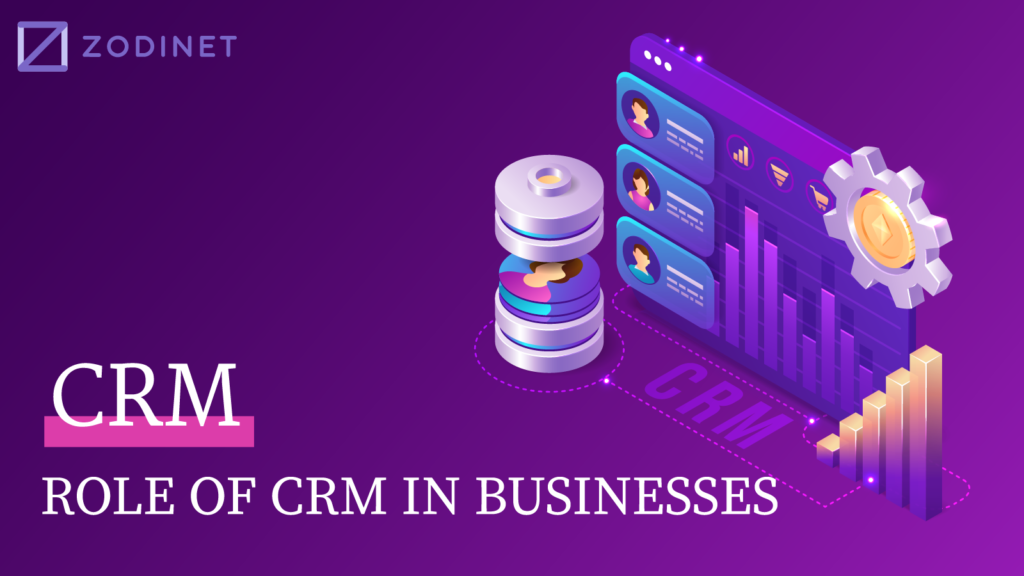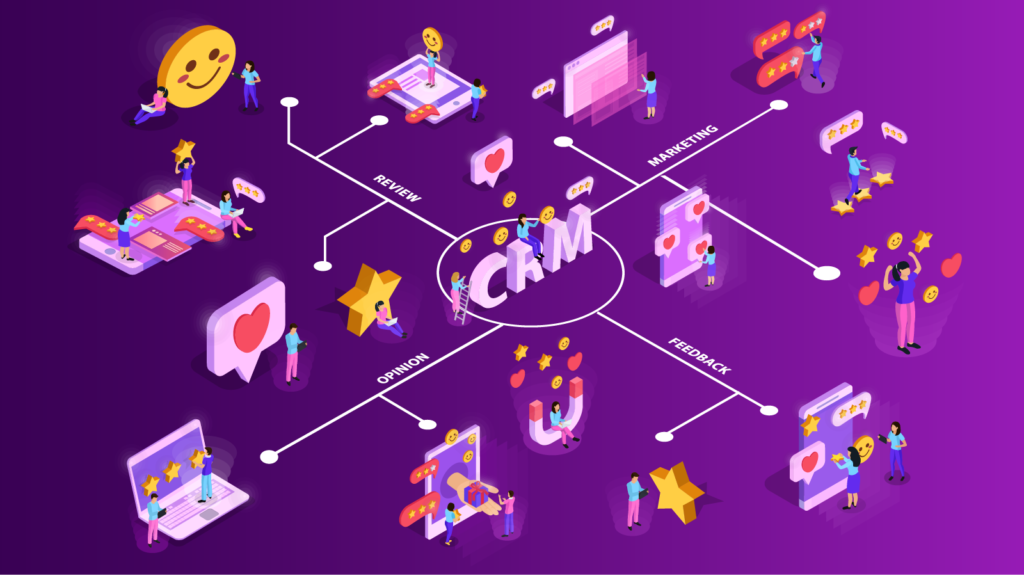
CRM is a customer relationship management strategy that any business needs. It is not only a solution that directly affects the success of the business, but the system is also a technology product that helps optimize and make customer management more effective. So what is CRM? What role does it play in business? Let’s find out in the article below.
What is CRM?
CRM stands for Customer Relationship Management, which is a software that helps businesses manage their interactions with customers, including collecting, processing, and analyzing information of potential and current customers, in order to maintain and develop business relationships.
The systems can be applied to both B2B and B2C business models, and can provide optimal and effective management solutions regardless of the field in which your business operates.
Popular types of CRM
Based on the technology platform, CRM software can be divided into 4 types:
1. CRM On-premise
On-premise is a form of data storage that is deployed directly on the internal servers of a business without the intervention of a third party. This deployment method allows businesses to directly access and manipulate data within the system, while allowing them to set up an initial system designed specifically for the scale and needs of the organization. This form is suitable for business models that require processing of highly confidential information, such as banking, insurance, finance, etc.
2. CRM Cloud
Cloud-based allows users to store data on a cloud computing platform without investing much in infrastructure or storage devices. Businesses maintain the operation of the application by paying fees to the service provider based on suitable service packages. This means that users of the business do not have the right to control data on the system and upgrade the system according to their needs. However, the advantage of this form is that it is less costly than On-premise CRM because all hardware and servers to run system are provided by third parties.
3. Open Source CRM
Open source CRM allows users or businesses to customize the software with all the necessary features for a basic system for free. This helps businesses save a considerable amount of cost, but requires investment in personnel with the ability to install and customize software configurations.
4. Social CRM
The deployment model of this system is based on the combination of social networking platforms and customer relationship management system. This is a quite popular type and has been favored by businesses recently because most of them are managing their customers on various social channels

The role of CRM for businesses
1. Identifying and categorizing potential customers
Through various points of contact from different sources, the system can automatically collect and store information about customers, thereby categorizing customers into different groups according to their potential level for more effective approach and exploitation.
2. Improving customer service
Customer issues will be quickly identified and dealt with in a timely manner by the system, helping businesses improve the quality of customer service. In addition, CRM also helps businesses build long-term and loyal relationships with customers by paying attention to their personal needs and preferences.
3. Tracking sales progress
In addition to managing customer information, CRM also helps managers to specifically grasp the effectiveness of each employee in the sales system. The lengthy sales process of many business models requires going through many different steps such as: analyzing customers, sales consultation, marketing, after-sales, reporting,… Therefore, businesses need a software to manage interaction and evaluate the effectiveness of each step, such as CRM.
4. Increasing sales revenue
All system support steps such as customer analysis, improving service quality, designing marketing strategies, evaluating sales progress, etc. all lead to the goal of boosting sales revenue for the business. In addition, CRM helps automate peripheral tasks such as sending letters, scheduling appointments, signing contracts,… so that sales staff can focus on customer care, thereby increasing conversions and creating breakthrough sales revenue.
5. Supporting marketing strategies
Businesses can come up with more effective marketing and communication strategies when they understand the habits, preferences, and needs of customers. This information is all aggregated and stored systematically by the system, so it can be said that CRM effectively supports the process of developing the marketing strategy of the business.
Implementing a CRM system in a business, what should be noted?
The use of the system in a business’s management process plays an important role in achieving business success. Therefore, when deciding to choose a suitable CRM system, businesses should take note of the following points:
- Understanding the needs and operating model of the business
- Choosing a suitable system that is compatible with existing channels and provides high-quality data
- Training employees on how to operate the system.
Conclusion
CRM is a useful and necessary tool for modern businesses to effectively manage customer relationships. Implementing CRM helps businesses improve customer experience, increase employee productivity, boost sales revenue, and reduce management costs. Additionally, the system provides businesses with important customer data to support more accurate strategic decisions and marketing. However, implementing CRM needs to be carefully and appropriately carried out according to the needs of the business to ensure maximum effectiveness.
Contact Zodinet now if your business is looking for professional digital solutions.



